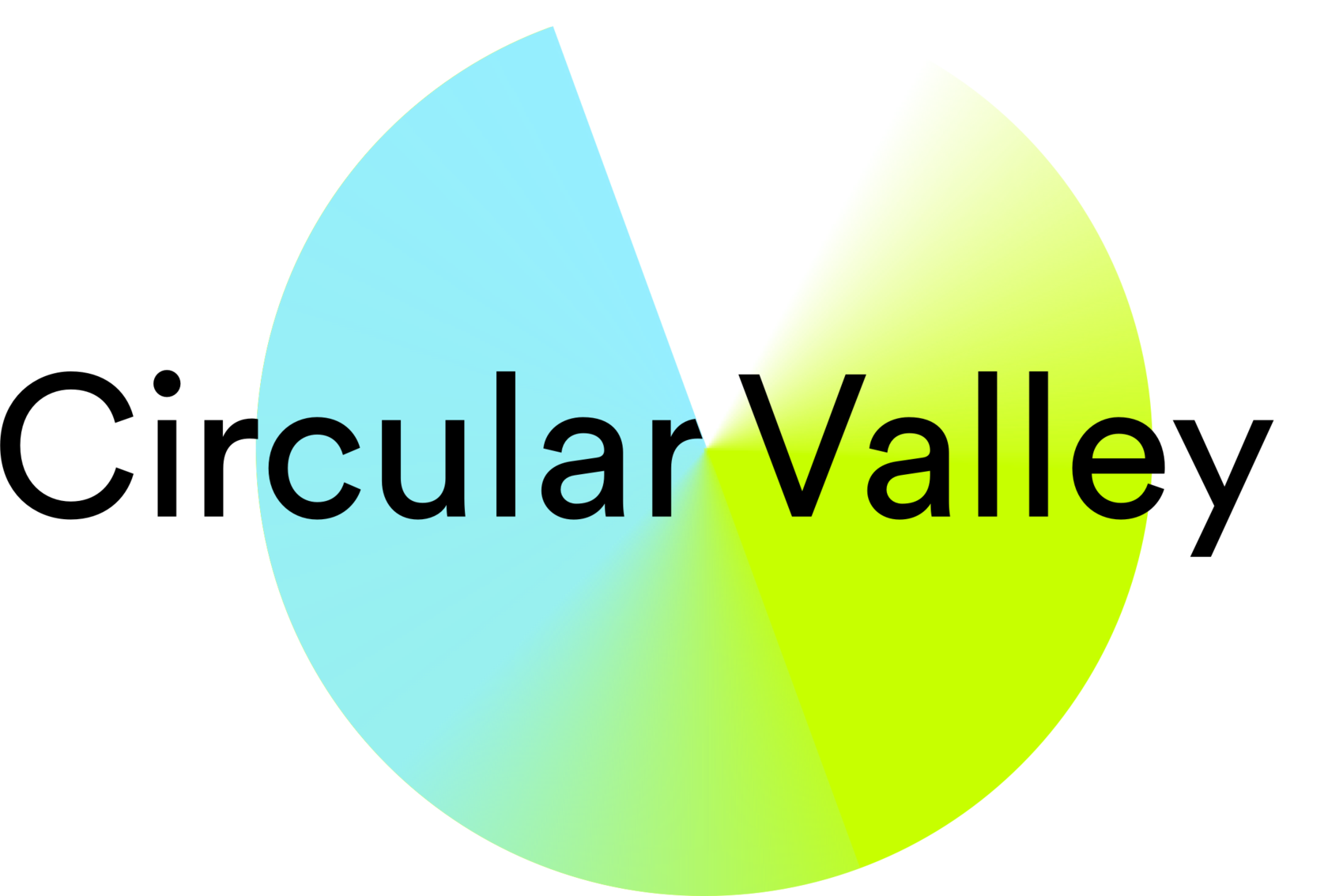2023-09-20
Circular Valley
Newsletter 3/2023
Newsletter 3/2023
November 16, 2023
Circular Valley Forum: Summit of the circular economy
On November 16, more than 1000 top-decision-makers will come together in the Historische Stadthalle Wuppertal, Germany. In various formats, they will discuss all aspects of the circular economy: from renewable energies to bioplastics and faster approval procedures.
A lot has happened on the journey from a linear to a circular economy, making it a good point in time to come together to gain an overview of where things stand. The Circular Valley Forum on November 16 offers the ideal opportunity: not only will more than 1,000 representatives from politics, business, science, and civil society meet, but also because the day's program will span the entire material cycle and value chain.
Energy
The panels will begin with the prerequisite for all further topics and steps: Energy. Without renewable and clean energy, a circular economy will not work. Several CEOs from the energy industry have announced their participation in the round-table discussion on the status-quo of the energy transition and the issues that still need to be resolved.
Level of individual companies
Following the exchange on energy, the discussion will move on to the level of individual companies and their cooperation. What can companies do locally to advance the Circular Economy? And what needs to be considered when several companies join forces? In its partner network, Circular Valley has already proven repeatedly that exchange and cooperation lead to more than just the sum of individual parts.
Cross-company cooperation
Cross-company cooperation will be discussed at the Forum on November 16th based on two main topics: bioplastics and sustainable construction. While enormous efforts are currently directed into the development of bioplastics, the potential for more sustainable construction is still enormous. Because there is no other sector in which so many materials are moved, used, and deconstructed, lots of room for reducing construction-related emissions remains.
Forms of incentives
The thematic circle will end with two round table discussions in which participants discuss different forms of incentives. Are there forms of incentivization for the circular economy? And, above all, how can approval processes be accelerated so that those willing to are able to reach implementation more quickly?
Our partners
The wide range topics at the Circular Valley Forum will be complemented by the initiative's partners. Banks and financial institutions will present ways in which companies can finance the transformation. Prosperkolleg, a research project from Bottrop, will share how it cooperates with companies to develop practical solutions to close material loops, thereby enabling a circular economy.
Photo: Prosperkolleg
Photo: Prosperkolleg
DemoDay
At the end of the day, the Forum offers great/further inspiration for all: at DemoDay the international startups supported by Circular Valley this fall and winter will pitch their ideas.
The Forum's program has already attracted many confirmations of participation. North-Rhine Westphalian Minister President Hendrik Wüst and his Flemish colleague Jan Jambon have confirmed their visit. The ministers Mona Neubaur and Ina Scharrenbach as well as the ministers Nathanael Liminski and Oliver Krischer will also come from the state government. Nanette Braun, Head of Campaign Communications at the UN, will be at the forum on behalf of the United Nations - and from the corporate boards, Rolf Buch (Vonovia) and Christian Kullmann (Evonik), among others.
For visitors staying overnight, the Forum will offer another highlight. Circular Valley invites them to an excursion on November 17, during which sustainability, culture and history will play the main roles.
For visitors staying overnight, the Forum will offer another highlight. Circular Valley invites them to an excursion on November 17, during which sustainability, culture and history will play the main roles.
A complete overview of the Forum's participants can be found here.
November 16
Forum and DemoDay
November 17
Excursion
For visitors staying overnight, the Forum will offer another highlight. Circular Valley invites them to an excursion on November 17, during which sustainability, culture and history will play the main roles.
Batch#5
Circular Valley brings 17 international startups to Germany's Rhine-Ruhr region
The Circular Economy initiative is launching the next round of its program for young international companies. In doing so, it supports the widest range of ideas since its first batch approximately two years ago. The startups selected are concerned with sustainable construction, alternative raw materials, and better plastics.
Seventeen companies are in the running for November 16: the Circular Valley® Foundation jury has selected them for the new round of its Accelerator program. The successful applicants are from Singapore, Nigeria, Ecuador, the US, and Mexico, among others. Together with top-class coaches and mentors from Circular Valley®, they will further develop their business models over the next three months. The shared goal: To advance the transformation from a linear to a circular economy. On November 16, the best ideas will be presented on a big stage and to a large audience at the DemoDay, as part of the Circular Valley® Forum.
With the new cohort, the number of Circular Valley® startups approaches the 100 mark. Since its founding in the summer of 2021, the initiative has already attracted more than 70 companies to Germany's extended Rhine-Ruhr region and connected them to its large network. What many of the alumni and all of the newly selected companies have in common: Their idea can prevent emissions in the order of billions of tons. This impact is another reason why Circular Valley® is developing into a hotspot for the circular economy in the same way that Silicon Valley has for the digital economy.
The experiences of the first four rounds, as well as the intensive exchange with partners from politics, business, science, and civil society, have revealed one thing: A large number of aspects need to be considered to achieve an actual circular flow. These aspects include the use of alternative raw materials, rethinking product design and use, enabling sustainable construction, avoiding waste and recycling more. To this end, Circular Valley® has identified six topics that startups will address in the new round of the funding program:
With the new cohort, the number of Circular Valley® startups approaches the 100 mark. Since its founding in the summer of 2021, the initiative has already attracted more than 70 companies to Germany's extended Rhine-Ruhr region and connected them to its large network. What many of the alumni and all of the newly selected companies have in common: Their idea can prevent emissions in the order of billions of tons. This impact is another reason why Circular Valley® is developing into a hotspot for the circular economy in the same way that Silicon Valley has for the digital economy.
The experiences of the first four rounds, as well as the intensive exchange with partners from politics, business, science, and civil society, have revealed one thing: A large number of aspects need to be considered to achieve an actual circular flow. These aspects include the use of alternative raw materials, rethinking product design and use, enabling sustainable construction, avoiding waste and recycling more. To this end, Circular Valley® has identified six topics that startups will address in the new round of the funding program:
Sustainable Construction
- Widuz
Singapore - Kohlschein Modulbau
Germany
Agriculture
- Smart Watering Solutions
Serbia
Water
- ECOSTP Technologies
India - BlueActivity
Italy
Alternative raw materials
- Mi Terro
USA - Ourobio
USA - Voodin Blades Technology
Germany - BeFC
France - Bio Treasure
Yemen
Recycling
- Circu Li-ion
Luxembourg - NIU NIU
Mexico - QuadLoop
Nigeria - Microwave Solutions
Switzerland - VERTMONDE
Ecuador
Plastics
- one.five
Germany - Toolworx
Germany
For more details about the 18 startups please see: Batch#5
Henkel - Kearney - Emka Group
Three new additions to the partner network
Consumer goods manufacturer Henkel, management consultancy Kearney and the Emka Group are now part of the Circular Valley family. They will exchange ideas with other partners and support the initiative's activities.
They are all globally active and they are all partners of Circular Valley: in the past weeks, three major companies have signed contracts with the foundation.
One of the new partners is Henkel. Through the strategic alliance with Circular Valley, the consumer goods manufacturer wants to get in touch with startups and scientists from all over the world and expand its own local network in Germany's Rhine-Ruhr region.
One of the new partners is Henkel. Through the strategic alliance with Circular Valley, the consumer goods manufacturer wants to get in touch with startups and scientists from all over the world and expand its own local network in Germany's Rhine-Ruhr region.
The partnership with Circular Valley enables us to pursue our ambitions in the field of circular economy with a strong partner. At the same time, we are particularly pleased that we can also support scientists and young companies from the region.
Thorsten Bastigkeit,
Director R&D Research & Open Innovation at Henkel
Thorsten Bastigkeit,
Director R&D Research & Open Innovation at Henkel
"Together, we will exchange ideas on new technologies and innovative approaches, share knowledge and best practices, and set new impulses in order to join forces to further advance the transformation towards a circular economy," said Thorsten Bastigkeit, Director R&D Research & Open Innovation at Henkel, at the signing of the partnership agreement.
Kearney has offices in over 40 countries and is a trusted advisor to some of the world's largest companies and organizations. The term "trustworthy" also describes the partnership now concluded with Circular Valley. The good relationship between the two has existed since the early days of the initiative's foundation. Kearney has supported Circular Valley startups in developing innovative circular solutions and initiating pilot projects to test ideas with global leaders from various industries.
The partnership now also intends to address the biggest challenges companies face when trying to realize their transformation goals.
Kearney has offices in over 40 countries and is a trusted advisor to some of the world's largest companies and organizations. The term "trustworthy" also describes the partnership now concluded with Circular Valley. The good relationship between the two has existed since the early days of the initiative's foundation. Kearney has supported Circular Valley startups in developing innovative circular solutions and initiating pilot projects to test ideas with global leaders from various industries.
The partnership now also intends to address the biggest challenges companies face when trying to realize their transformation goals.
By working with Circular Valley's public and private sector partners, we aim to identify the pioneers developing the solutions for tomorrow's thriving circular economy and to work with them in validating and then rapidly scaling their breakthrough solutions.
In parallel, we will work with industry leaders to rethink their business models, integrate the circular economy into their core business, and partner on breakthrough solutions that emerge from this Circular Valley partnership.
Michael Roemer,
Partner at Kearney
In parallel, we will work with industry leaders to rethink their business models, integrate the circular economy into their core business, and partner on breakthrough solutions that emerge from this Circular Valley partnership.
Michael Roemer,
Partner at Kearney
The third new partner is another large industrial company. The EMKA Group is the global market leader for closures, hinges, and seals used in switch and control cabinets. Its product portfolio includes around 30,000 items, all of which are developed, manufactured, refined, and assembled at eleven sites in Germany, France, England, Spain, Bosnia, Serbia, China, Indonesia, and India.
The cooperation with Circular Valley ties in perfectly with EMKA Groups' environmental management. Environmental protection in general and the responsible use of natural resources in particular are part of the corporate philosophy. This is evident in the planning and implementation of production processes as well as in their facilities. This includes solar panels on the roof, a closed cooling water circuit in its plastics technology division, and the cooling and purification of water in its zinc die casting production. EMKA has been consistently certified according to the international environmental management standard since January 2007.
The cooperation with Circular Valley ties in perfectly with EMKA Groups' environmental management. Environmental protection in general and the responsible use of natural resources in particular are part of the corporate philosophy. This is evident in the planning and implementation of production processes as well as in their facilities. This includes solar panels on the roof, a closed cooling water circuit in its plastics technology division, and the cooling and purification of water in its zinc die casting production. EMKA has been consistently certified according to the international environmental management standard since January 2007.
Tailwind
Old wind turbines as new raw materials
Circular Valley presents its first film on the circular economy: "Rückenwind" (Tailwind). The documentary shows how rotor blades are turned into environmentally friendly outdoor floorboards and former concrete foundations into school buildings.
Since space for new turbines is limited, replacing obsolete wind turbines at existing sites with more powerful new ones is one way of solving this problem. And in view of the waste generated in the process, the energy transition can only succeed if circularity principles are considered. That's why Circular Valley, the initiative for the circular economy, has dedicated their first movie to this topic. It is called "Rückenwind" (Tailwind) and is now available on Youtube and www.circular-valley.org.
Author Lutz Polanz and the team from Kintopp Film have been on the road all over Germany. In their movie. They introduce those people who are most advanced in considering materials for turbines as part of the circular process. The examples in the documentary vividly show the challenges that still need to be overcome but, above all, the movie shows the opportunities that this market offers.
A few figures illustrate this particularly well:
A few figures illustrate this particularly well:
Already today, 6000 to 8000 wind turbines having reached their end-of-life cycle need to be dismantled.
This number will grow by 2000 to 4000 turbines each year.
90 percent of their materials could be reused: In the case of steel and copper, reuse is relatively easy.
This number will grow by 2000 to 4000 turbines each year.
90 percent of their materials could be reused: In the case of steel and copper, reuse is relatively easy.
However, when it comes to the rotor blades or the concrete from the foundation and tower, the real challenges begin.
According to the Federal Environment Agency, rotor blades will generate around 20,000 tons of waste per year by 2030; however, this is not simply waste, but also offers a large potential for new raw materials. With mineral construction waste, including concrete from wind turbine foundations and towers, the figure is much higher. 220 million tons are generated each year, up to 70 percent of which are high-value materials suitable for new construction projects.
According to the Federal Environment Agency, rotor blades will generate around 20,000 tons of waste per year by 2030; however, this is not simply waste, but also offers a large potential for new raw materials. With mineral construction waste, including concrete from wind turbine foundations and towers, the figure is much higher. 220 million tons are generated each year, up to 70 percent of which are high-value materials suitable for new construction projects.
Opportunities for rotor blades
So far, old rotor blades are primarily used as fuel in the cement industry. While this may be beneficial in replacing other substances otherwise used as fuel, the high-tech material and its properties are in fact lost. That's why the documentary "Rückenwind" (Tailwind) shows three ways to deal with this material in a different way.
The company Novo-Tech Circular, based in Aschersleben, sorts the components of the former wings, shreds them, mixes them with sawdust or wood shavings and turns them into environmentally friendly outdoor floorboards. At Siemens Gamesa, engineers are developing recyclable rotor blades that can be broken down into their component parts at the end of their life cycle.
Researchers at the Fraunhofer Umsicht Institute in Sulzbach-Rosenberg, Bavaria, use heat to recover the glass and carbon fibers, thereby allowing them to be reused in other applications. The oil, a byproduct of the process, is used to produce plastics. Project manager Matthias Franke expects the technology to be on the market in around five years.
The company Novo-Tech Circular, based in Aschersleben, sorts the components of the former wings, shreds them, mixes them with sawdust or wood shavings and turns them into environmentally friendly outdoor floorboards. At Siemens Gamesa, engineers are developing recyclable rotor blades that can be broken down into their component parts at the end of their life cycle.
Researchers at the Fraunhofer Umsicht Institute in Sulzbach-Rosenberg, Bavaria, use heat to recover the glass and carbon fibers, thereby allowing them to be reused in other applications. The oil, a byproduct of the process, is used to produce plastics. Project manager Matthias Franke expects the technology to be on the market in around five years.
Opportunities for concrete
A single wind turbine can contain up to 700 tons of concrete. It can remain in a material loop, as long as it is properly separated after blasting and suitable second-use applications are found. The Hagedorn Group, for example, removes the rebars from the reinforced concrete, crushes the concrete further and then re-uses it again in the wind farm for the pathways or new foundations.
The Heinrich Fees company produces a rock aggregate from concrete and construction waste, which can be used in concrete production. This creates so-called R-concrete (R for recycling). The advantages: Less gravel is extracted, less rock is blasted, and much less waste material ends up in landfills. At the beginning, there was a lot of skepticism. By now, however, the Heinrich Fees company supplies around 30 concrete plants. And in Kirchheim unter Teck, a school has been built that is largely made of R-concrete.
The company Holcim regularly tests the recycled building material and finds no significant differences to regular concrete. This is why Holcim now supplies a large number of their customers with R-concrete. Material from former wind turbines could be another important source for this approach.
The Heinrich Fees company produces a rock aggregate from concrete and construction waste, which can be used in concrete production. This creates so-called R-concrete (R for recycling). The advantages: Less gravel is extracted, less rock is blasted, and much less waste material ends up in landfills. At the beginning, there was a lot of skepticism. By now, however, the Heinrich Fees company supplies around 30 concrete plants. And in Kirchheim unter Teck, a school has been built that is largely made of R-concrete.
The company Holcim regularly tests the recycled building material and finds no significant differences to regular concrete. This is why Holcim now supplies a large number of their customers with R-concrete. Material from former wind turbines could be another important source for this approach.
Conclusion
The expansion of wind energy requires large quantities of raw materials, while at the same time large amounts of waste are already produced at wind farms. As shown, this waste can be raw material for new turbines. Some companies are already taking advantage of this opportunity, but a lot of potential to be exploited remains - also as a tailwind for the energy transition and the circular economy.
You can find "Rückenwind" (Tailwind) at Youtube and more about the initiative for the circular economy at www.circular-valley.org.
Greener Manufacturing Show
Trade show for sustainability back in North-Rhine Westphalia
First Atlanta, then Cologne:The trade show for companies concerned with sustainability is coming back to Europe.
The Greener Manufacturing Show takes place in North America in early October and in North-Rhine Westphalia on November 8th and 9th - together with the Plastic Waste Free World Conference & Expo. The show will focus on materials, packaging, green chemistry, energy, emissions, and the circular economy. Like last year, Circular Valley will be actively involved in Cologne. Read more about the Greener Manufacturing Show here.
The Greener Manufacturing Show takes place in North America in early October and in North-Rhine Westphalia on November 8th and 9th - together with the Plastic Waste Free World Conference & Expo. The show will focus on materials, packaging, green chemistry, energy, emissions, and the circular economy. Like last year, Circular Valley will be actively involved in Cologne. Read more about the Greener Manufacturing Show here.
Read more about the Greener Manufacturing Show here.
November 15 and 16, 2023
Tech Tour in Wuppertal for the second time
Every year Tech Tour brings together 1,000+ selected tech companies and Europe's 1,000+ most active investors and corporate partners for 25 invitation-only programmes across Europe.
Dr. Carsten Gerhardt (Chairman of the Circular Valley Foundation, left) and Prateek Mahalwar from Startup Bioweg at Tech Tour 2022
This year, just prior to the Circular Valley Forum, the Bio-based Industries 2023 Programme will take place in Wuppertal, Germany. As a partner, Circular Valley supports this initiative. On November 15 and 16, 30-40 of the most promising bioeconomy startups chosen by a selection panel of investors will present their innovations in six key areas:
- bio-based chemicals and materials,
- forestry and paper products,
- aquaculture,
- biowaste,
- waste management,
- as well as recycling and circular economy.
To receive a 25 percent discount for the event, courtesy of Tech Tour and Circular Valley, register here using the code GUEST25CV.
EU regulation
Important EU standard for battery project
Circular Valley is a partner of the Transformation HUB Battery Value Chain (TraWeBa), where it is responsible in particular for cluster management and contributes its expertise on the circular economy along the value chain.
This currently includes an analysis of the new EU regulation on batteries prepared by Dr. José Diez-Rodríguez, Project Manager and Technology Scout for the project in Circular Valley. In his view, there are four main points to consider:
- The regulation targets the entire life cycle of a battery, from design to disposal.
- The goal is to set rules for the sustainability, performance, safety, collection, recycling and "second life" of batteries, as well as to inform consumers and businesses.
- To achieve certain recycling rates by the end of 2027, especially for valuable materials such as copper, cobalt, nickel and lead (90 percent each) and lithium (50 percent).
- To increase transparency along the value chains and awareness, the regulation requires that a digital battery passport be developed. This will allow the development of batteries to be accompanied and traced. At the same time, it is another valuable step on the way to a Circular Economy.
Dr. José Diez-Rodríguez
Photo: Dr. Oleksandr Gryshkov
The entire analysis by Dr. José Diez-Rodríguez on the new EU regulation can be found here: https://circular-valley.org/projects_traweba
Success stories
Success for startups
The young companies that have come to the wider Rhine-Ruhr region from all over the world keep in touch with Circular Valley as alumni - and regularly share their progress. Among others, the following success stories were shared with Circular Valley in recent months:
- Breakthrough in JuneAC BiodeAC Biode from Japan and Luxembourg made a major breakthrough in June. In its Kyoto lab, a trial of depolymerizing PET into methanol, i.e., breaking down plastic into suitable building blocks, was successful for the first time. While many processes have already been developed for depolymerizing PET, these are typically expensive and complex and therefore rarely scaled up. The great progress made by AC Biode could therefore also translate into progress for plastic recycling, by enabling an easier closing of plastic loops. This would be of great significance, given the currently still low global recycling rates.
Photo: Andreas Kunsmann, Polycare - Investment in HydroleapHydroleapMitsubishi Electric announced in July that it would be investing in Hydroleap in Singapore to help solve the problem of industrial wastewater. Hydroleap has developed a technology that requires 80 percent less chemicals for effective treatment. At the same time, 40 percent less water will be used. A nice side effect for the companies that use the technology: Costs also drop by approximately 30 percent.
Photo: Preneshan Reddy (left) and Dr. Mohammad Sherafatmand, Hydroleap
- New productPolycareThe startup Polycare has introduced a new product to the German market: the SEMBLA® masonry system. It is both energy-efficient and cement-free. The modular system is based on the 12.5-centimeter masonry grid. Thanks to the connecting elements, the masonry is easy to assemble and can be directly reused after dismantling. The first commercial project in cooperation with Areal Böhler in Düsseldorf will be implemented in the first quarter of 2024: a two-story office building with approx. 1000 square meters.
Photo: Andreas Kunsmann, Polycare
- MID DigitizationSpace EraKaif Ali has just opened a German branch of Space Era in Wuppertal and has already received the first highly gratifying mail. The state Ministry of Economics will fund the startup in the "MID Digitization" program. Through this program, successful applicants can implement concrete digitization projects. The funding amount is up to 15,000 euros.
Space Era is active in the field of sustainable construction and is developing an augmented reality app that integrates building and material databases into 3D visualizations and animations.
Photo: Kaif Ali, Space Era
NRW Circular Value Network
Roundtable celebrates its birthday
North Rhine-Westphalia has taken up the topic of circular economy early on. As a result, the state government was now able to invite guests to a ceremony at the end of August to mark the fifth anniversary of the NRW Circular Value Network.
Mona Neubaur, Deputy Minister President and Minister of Economic Affairs, and Environment Minister Oliver Krischer reflected on the progress already made over the past five years.
The aim of the network is to promote exchange, initiate cooperation, and bundle activities in order to tap into the state's already extensive expertise for this process. The network has more than 40 active participants, one of which is Circular Valley. Plenary meetings focusing on higher level issues of Circular Value Creation are held three to four times a year.
The aim of the network is to promote exchange, initiate cooperation, and bundle activities in order to tap into the state's already extensive expertise for this process. The network has more than 40 active participants, one of which is Circular Valley. Plenary meetings focusing on higher level issues of Circular Value Creation are held three to four times a year.
Workshops
Circular Economy for schools
Circular Valley is known primarily as a large network for politics, business, science, and society, as well as for its international startup program. Equally important to the initiative, however, is to show the public how the circular economy can also be promoted in the private sphere.
That's why representatives of Circular Valley regularly visit schools and work on the topic with young people in a very practical way. And they are happy to add more project days.
Schools interested in a workshop can contact:
leonie.happe@circular-valley.org
leonie.happe@circular-valley.org
The courses are divided into three parts: First, participants learn about the United Nations' 17 sustainability criteria and relate them to their everyday lives. In the second part, they learn more about Circular Valley and the solutions that have been developed there. Finally, they pretend to become founders themselves and tackle one of the challenges of the circular economy.
Schloss Dyck
Summer reception of the Rhineland Metropolitan Region
Andreas Mucke, Managing Director of Circular Economy Accelerator GmbH, discussed the circular economy with a wide variety of interlocutors at the summer reception of the Rhineland Metropolitan Region.
Among the approximately 160 guests at Schloss Dyck were members of the European Parliament, the Federal and NRW State Parliaments, and City and District Councils, as well as representatives of the Diplomatic Corps of foreign countries based in the Rhineland.
The Rhineland Metropolitan Region is not only a joint representation of interests, but also a place of internal exchange and a platform for networking to further optimize cooperation among each other. The best way to do this is through personal dialogue.
Dr. Stephan Keller,
Chairman of the Executive Board of the Rhineland Metropolitan Region and
Lord Mayor of Düsseldorf
Dr. Stephan Keller,
Chairman of the Executive Board of the Rhineland Metropolitan Region and
Lord Mayor of Düsseldorf
"From this point of view, this year's Rhineland Summer Festival at Schloss Dyck was a complete success," said Dr. Stephan Keller, Chairman of the Executive Board of the Rhineland Metropolitan Region and Lord Mayor of Düsseldorf.
Standardization
Partner Talk: Set standards or suffer from them?
Four times a year, representatives of Circular Valley partners come together with experts to discuss topics related to the circular economy as well as the associated challenges and solutions in a confidential atmosphere. On August 31 it was that time again. On the agenda: standardization.
A boring topic? Not at all! The numerous participants listened with great interest and then engaged in a lively discussion because they all understand the topic's relevance - after all, standardization can have a huge impact on work processes in the respective companies.
In his half-hour presentation, Dr. Jens Giegerich, responsible for Technical Regulatory Affairs at Circular Valley partner Vorwerk, emphasized the strategic implications for companies:
In his half-hour presentation, Dr. Jens Giegerich, responsible for Technical Regulatory Affairs at Circular Valley partner Vorwerk, emphasized the strategic implications for companies:
Participating in the standardization process means gaining information and also a competitive advantage. Get involved before someone else does.
Dr. Jens Giegerich,
Responsible for Technical Regulatory Affairs at Circular Valley partner Vorwerk
Dr. Jens Giegerich,
Responsible for Technical Regulatory Affairs at Circular Valley partner Vorwerk
This motto applies not only at the level of individual companies, he said, but also at the level of national economies. At the International Organization for Standardization (ISO), standardization in Circular Economy is now a significant topic (see ISO/TC 323 or ISO 59000 standards). Giegerich expressed his concern that some large corporations are already trying to impose their interests in this context, but also pointed out that so far, no country has taken the global lead in the field of the circular economy: "If we succeed in establishing a circular economy as 'Made in Germany', then I see good times ahead for Germany as a business location." The German government is also aware of the strategic importance of the circular economy and standardization, he said. This is why the Federal Ministry for the Environment, through the German Strategy Forum for Standardization (Deutsches Strategieforum für Standardisierung), is committed to strengthening the German role in global standardization - with the circular economy as a key topic.
Giegerich, who heads the Circular Economy division within this strategy forum, was also involved in the development of the German Standardization Roadmap for the Circular Economy (Deutsche Normungsroadmap Circular Economy), which was published in early 2023. It examines in seven working groups - Electrical Engineering & ICT, Batteries, Packaging, Plastics, Textiles, Buildings & Municipalities, and Digitization, Business Models & Management - regarding each of the following five criteria: Sustainability Assessment, Lifetime Extension, Digital Product Passport, End of Waste and Recyclability.
Giegerich, who heads the Circular Economy division within this strategy forum, was also involved in the development of the German Standardization Roadmap for the Circular Economy (Deutsche Normungsroadmap Circular Economy), which was published in early 2023. It examines in seven working groups - Electrical Engineering & ICT, Batteries, Packaging, Plastics, Textiles, Buildings & Municipalities, and Digitization, Business Models & Management - regarding each of the following five criteria: Sustainability Assessment, Lifetime Extension, Digital Product Passport, End of Waste and Recyclability.
Working groups
- Electrical Engineering & ICT
- Batteries
- Packaging
- Plastics
- Textiles
- Buildings & Municipalities
- Digitization, Business Models & Management
Criteria
- Sustainability Assessment
- Lifetime Extension
- Digital Product Passport
- End of Waste
- Recyclability
Giegerich believes, "If we standardize these topics wisely and solve the respective problems, we'll have taken a giant leap forward."
Andreas Mucke, Managing Director of the Circular Economy Accelerator GmbH, concluded: "It was again demonstrated why it is important to become an innovation driver in the Circular Economy, to become a global market leader in the context of the fifth industrial revolution – and for that, we are in exactly the right place here."
Andreas Mucke, Managing Director of the Circular Economy Accelerator GmbH, concluded: "It was again demonstrated why it is important to become an innovation driver in the Circular Economy, to become a global market leader in the context of the fifth industrial revolution – and for that, we are in exactly the right place here."
The next Partner Talk will take place on November 30.
Conferences for Startups
Visitors from the world of politics in Circular Valley
They have all heard so many good things about Circular Valley that they now wanted to see for themselves what is going on in Wuppertal.
That is why the team has welcomed numerous guests in recent months, for example:
Paul Höller, State Secretary in the State Ministry of Economics, got a practical impression of the various dimensions Circular Valley is working on. He met with Dr. Michael Kroh from Vorwerk as well as with the startups Carboliq, Bioweg, Polycare and Space Era.
A delegation from the state Green Party had a similar experience. Party chairwoman Yazgülü Zeybek and state parliament members Ina Besche-Krastl and Jan Matzoll held discussions in Wuppertal with representatives of Bayer and Vorwerk as well as the startups Rhinopaq and Bioweg.
The CDU and FDP fraction from the Regional Council in Düsseldorf combined the pleasant with the useful. It moved its meeting to Wuppertal and learned from Andreas Mucke, Managing Director of Circular Economy Accelerator GmbH, how Circular Valley is advancing the transformation towards a circular economy.
Paul Höller, State Secretary in the State Ministry of Economics, got a practical impression of the various dimensions Circular Valley is working on. He met with Dr. Michael Kroh from Vorwerk as well as with the startups Carboliq, Bioweg, Polycare and Space Era.
A delegation from the state Green Party had a similar experience. Party chairwoman Yazgülü Zeybek and state parliament members Ina Besche-Krastl and Jan Matzoll held discussions in Wuppertal with representatives of Bayer and Vorwerk as well as the startups Rhinopaq and Bioweg.
The CDU and FDP fraction from the Regional Council in Düsseldorf combined the pleasant with the useful. It moved its meeting to Wuppertal and learned from Andreas Mucke, Managing Director of Circular Economy Accelerator GmbH, how Circular Valley is advancing the transformation towards a circular economy.
